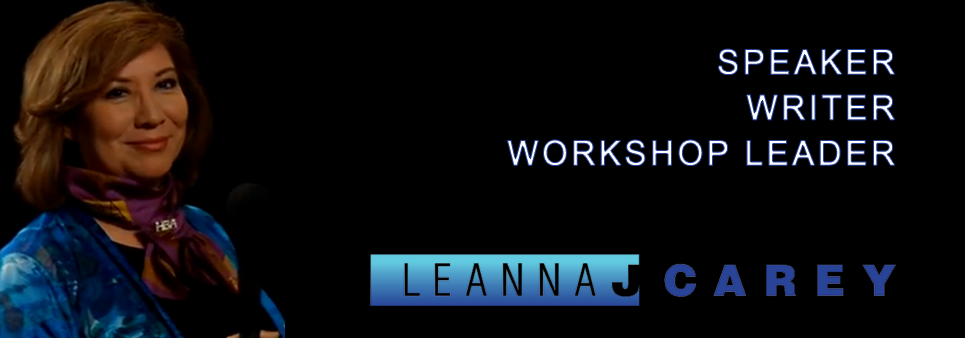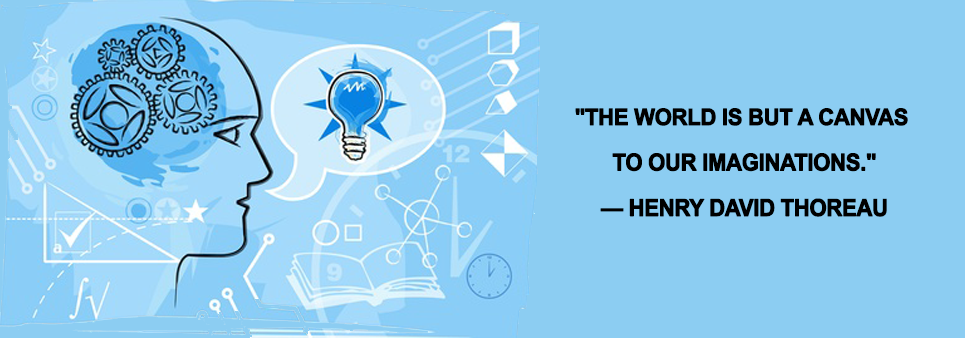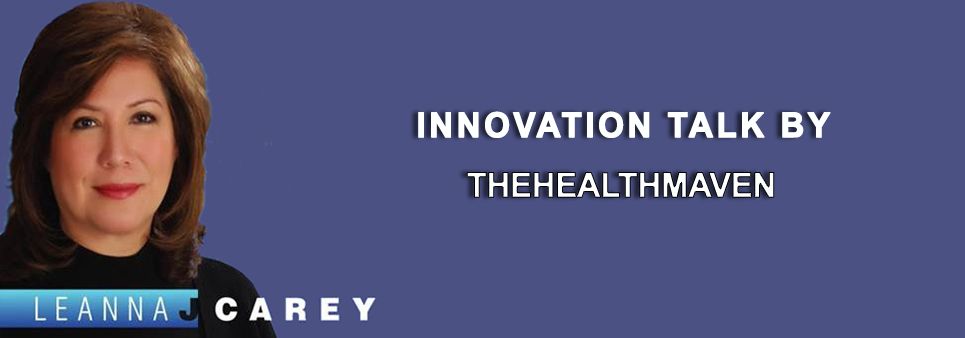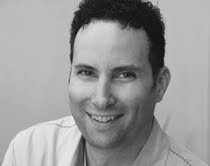Whether based on the economy, health care legislation, or changes in purchaser mindset, it may be the perfect time for health care companies to step back from their BHAG’s in order to gain some innovation perspective. Have the big questions changed? Here is a question that may raise eyebrows: What does health care need? Health care needs a healthy dose of innovation.
Recently, I became aware and involved with the Investing in Innovation (i2) initiative, created by the Office of the National Coordinator, which is the first federal program to operate under the authority of the America COMPETES reauthorization Act of 2010, signed into law by President Obama in January of this year. Essentially, this program awards prizes for participants that provide solutions to health IT problems. These challenges are managed by Health2.0 specifically, by Jean-Luc Neptune, MD, MBA, who has deep roots in innovation.
The program has two parts: (1) competition, in which teams are formed to tackle health information challenges and (2) community, where innovators and practitioners work together to solve problems with public data. Many in health care may not be aware that data from Federal sources has been made available for research.
Dr. Neptune explained that there has been tremendous interest in the challenges from many different business sectors, and providing new tools and knowledge for stakeholders will be the basis for health care transformation, advancement, and sustainability. Further, this convergence of innovators, data, government, and technology creates a transparent and open community of innovation for public health promotion and prevention.
I am fully aware of the argument that spending on technology does not necessarily translate into value or better health outcomes, however from my perspective, initiatives that result in stakeholders revisiting business models and physicians leading more innovation projects are a catalyst for creating relevant insight and value. Health care has been relentless in evaluating gaps in care, outcome improvement, and cost reduction, but unfortunately, we have been unable to drive meaningful change in health care. I would suggest that we have been concentrating on the right issues but without a new framework of thinking.
Converting the success of this highly visible initiative into real opportunity will be obvious to health care entrepreneurs because there is minimal risk. Additionally, there has never been a time in health care with this type of unprecedented access to government data for innovation. The right innovator will see this as the perfect storm to navigate.
The good news is that there are still challenges waiting for innovators. The market benefit of these challenges is that they will serve to spark greater innovation in a broader context and impact the way companies leverage innovation to improve health care. To answer the original question, what does health care need? Health care needs to start innovating.






